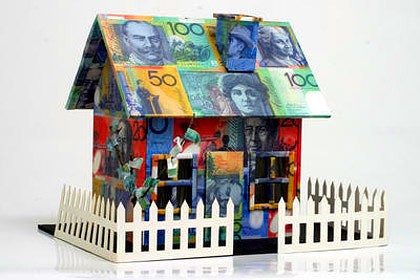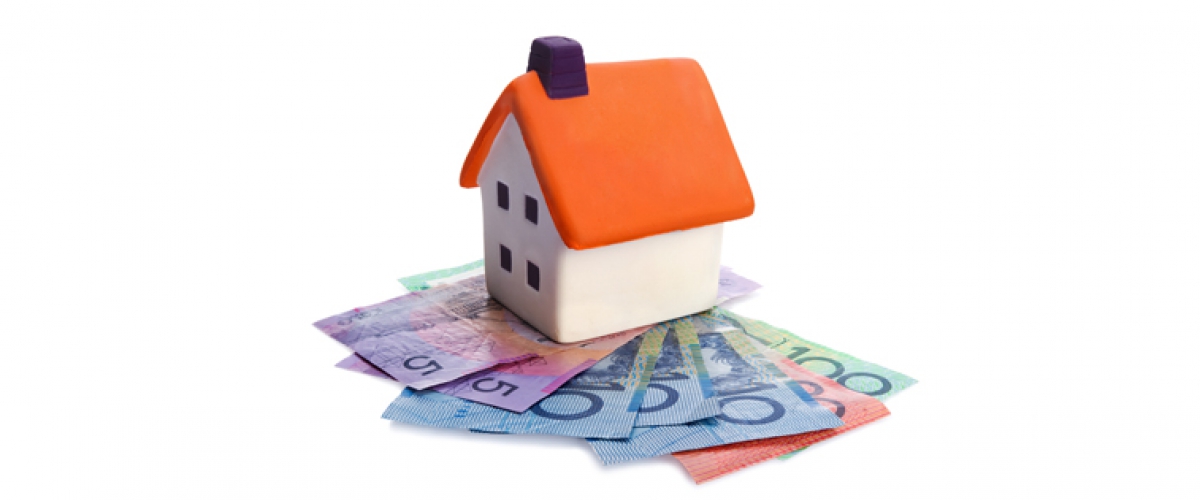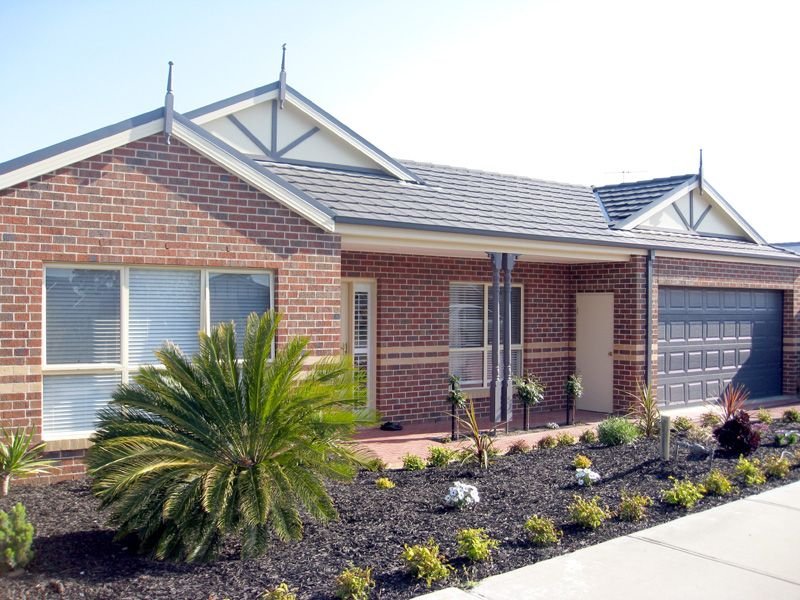Explainer: Capital gains tax
If you buy and sell an investment property, you may be required to pay capital gains tax (CGT) on that sale. It’s important to understanding this tax when buying or selling a home.
What is CGT?
This is a tax that you are required to pay on any capital gain earned on the sale of an asset such as a property. CGT applies to any asset obtained after 19 August 1985.
What is a capital gain?
Put simply, a capital gain is made when a profit is made from the sale of an investment, so when the sale price exceeds the original purchase price. If you sell an investment property for less money than the purchase price, you will have made a capital loss. An industry expert can help you work out your net capital gain or loss.
Calculating CGT
It’s really quite simple. For the sale of a single investment, take the selling price of the property then subtract the amount you originally paid for it, along with any associated costs such as stamp duty and legal fees. The amount remaining will be your capital gain. If you make a loss rather than a gain, you will not be taxed.
You may be eligible for a 50 per cent reduction of the CGT payable if you purchased the property after 21 September 1999 and owned it for at least one year before selling, and the property was purchased by an individual, trust or complying superannuation entity.
Exemptions
While any investment properties sold will be subject to CGT, you do not have to pay this tax on every property you buy and sell. Your main place of residence is exempt, as long as you have never rented it out.
You also are not required to pay this tax at the highest marginal tax rate. Any capital gain obtained will be added to your taxable income and then taxed at the relative margin.
Find an MFAA Approved finance broker who can help you finance you investment property purchase.
This article is for information only; please seek advice from a tax adviser before making any decisions.





